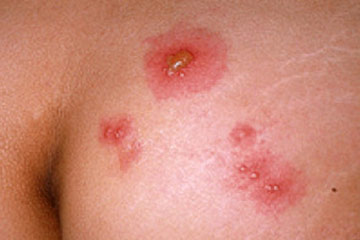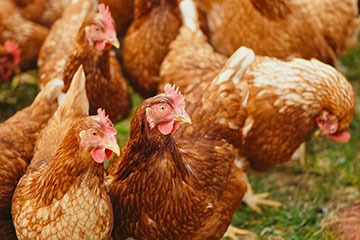FDA Approves Vaccines for 2009 H1N1 Influenza Virus
The U.S. Food and Drug Administration announced today that it has approved four vaccines against the 2009 H1N1 influenza virus. The vaccines will be distributed nationally after the initial lots become available, which is expected within the next four weeks.
“Today's approval is good news for our nation's response to the 2009 H1N1 influenza virus,” said Commissioner of Food and Drugs Margaret A. Hamburg, M.D. “This vaccine will help protect individuals from serious illness and death from influenza.”
The vaccines are made by CSL Limited, MedImmune LLC, Novartis Vaccines and Diagnostics Limited, and Sanofi Pasteur Inc. All four firms manufacture the H1N1 vaccines using the same processes, which have a long record of producing safe seasonal influenza vaccines.
”The H1N1 vaccines approved today undergo the same rigorous FDA manufacturing oversight, product quality testing and lot release procedures that apply to seasonal influenza vaccines,” said Jesse Goodman, M.D., FDA acting chief scientist.
Based on preliminary data from adults participating in multiple clinical studies, the 2009 H1N1 vaccines induce a robust immune response in most healthy adults eight to 10 days after a single dose, as occurs with the seasonal influenza vaccine.
Clinical studies under way will provide additional information about the optimal dose in children. The recommendations for dosing will be updated if indicated by findings from those studies. The findings are expected in the near future.
As with the seasonal influenza vaccines, the 2009 H1N1 vaccines are being produced in formulations that contain thimerosal, a mercury-containing preservative, and in formulations that do not contain thimerosal.
People with severe or life-threatening allergies to chicken eggs, or to any other substance in the vaccine, should not be vaccinated.
In the ongoing clinical studies, the vaccines have been well tolerated. Potential side effects of the H1N1 vaccines are expected to be similar to those of seasonal flu vaccines.
For the injected vaccine, the most common side effect is soreness at the injection site. Other side effects may include mild fever, body aches, and fatigue for a few days after the inoculation. For the nasal spray vaccine, the most common side effects include runny nose or nasal congestion for all ages, sore throats in adults, and -- in children 2 to 6 years old -- fever.
As with any medical product, unexpected or rare serious adverse events may occur. The FDA is working closely with governmental and nongovernmental organizations to enhance the capacity for adverse event monitoring, information sharing and analysis during and after the 2009 H1N1 vaccination program. In the U.S. Department of Health and Human Services, these agencies include the centers for Disease Control and Prevention.
Vaccines against three seasonal virus strains are already available and should be used (see information on the seasonal flu). However, they do not protect against the 2009 H1N1 virus.
U.S. Food and Drug Administration
http://www.fda.gov/






